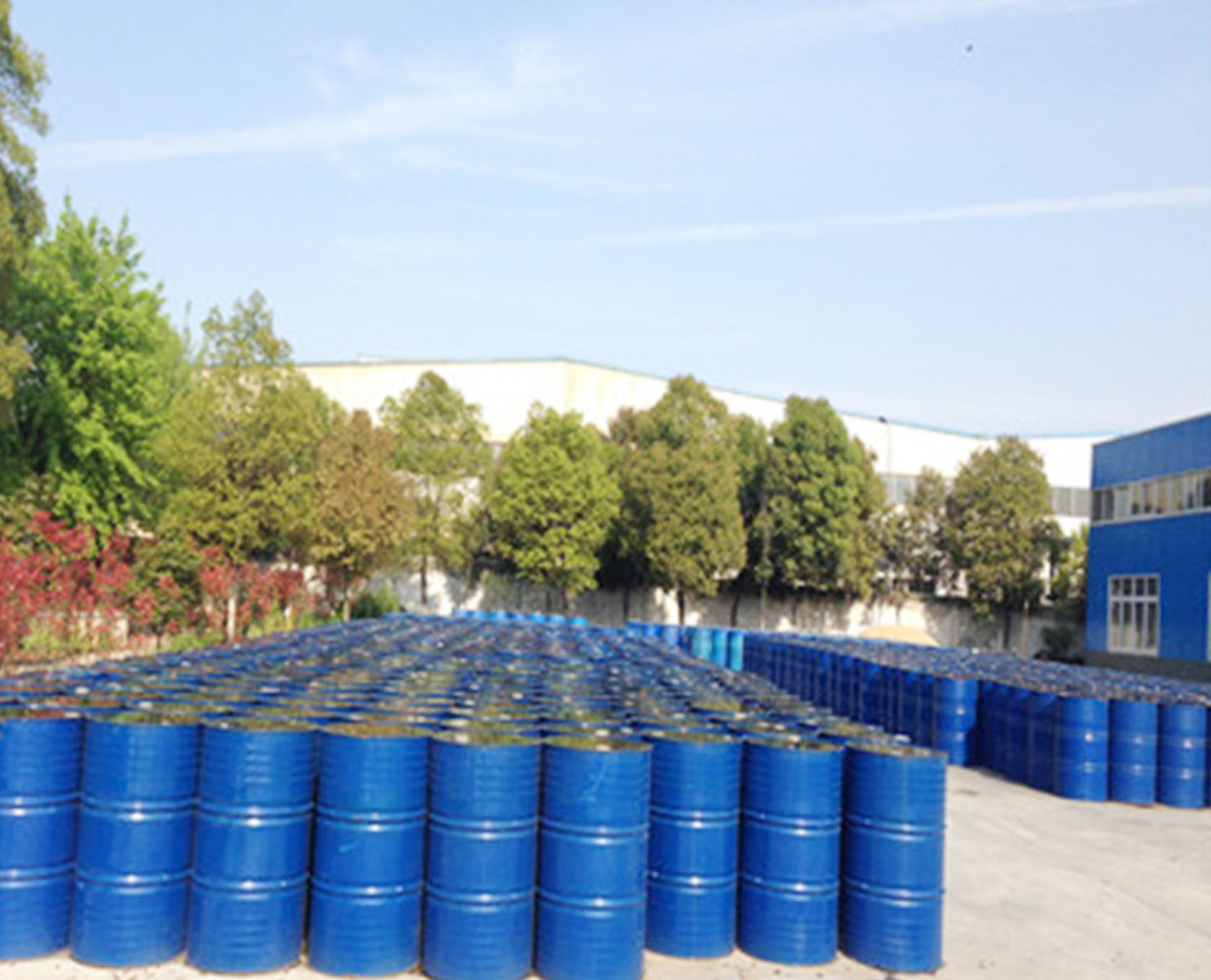Dielectric Adhesive✍ Temperature-resistant insulating adhesivedielectric adhesive

Insulating adhesive, the Department of electrical insulation properties of the adhesive. Synthetic adhesive electrical insulation properties are mainly determined by the characteristics of the polymer material used itself, at the same time, but also with the composition of the adhesive, adhesive joint surface properties, moisture absorption, oxidation process and ambient temperature and other factors have a direct relationship. General volume resistivity is very high for a good insulating material.
Brief introduction
Insulating adhesive is an adhesive with electrical insulating properties.
Determining factor
The electrical insulation properties of synthetic adhesives are mainly determined by the properties of the polymer material used itself, but also with the composition of the adhesive, the nature of the surface of the joint, moisture absorption, oxidation processes and ambient temperature and other factors have a direct relationship. General volume resistivity is very high for a good insulating material
Characterization
Almost all synthetic resins can satisfy the above conditions, and as insulating materials, they still have reliable insulating properties under bright wet conditions, except for materials with high water absorption (e.g. cellulose triacetate).
Commonly used types
Commonly used insulation adhesives are epoxy, silicone, phenolic, polyphenol, acrylate ester adhesive. In special occasions there are also fluoropolymer special adhesives.
Usage
Mainly used for insulation sealing of winding coils, capacitors, resistors, transformers and semiconductor components, etc.
Methods of use
Insulation sealing construction methods, such as dipping, potting, injection molding and vacuum pressurized impregnation